...H's late and wonderful father - and therefore by obvious extrapolation my father-in-law - was, as regular readers know, a G.P. of what was called 'the old fashioned school'.
Two things follow from that description in logical sequence. First, that the type of doctoring he provided is no longer the fashionable norm: it would not be old style if there were not a new. QED and so forth. Second - and this more a judgement than a matter of factual logic, though I aver it most certainly to be true - that his doctoring was better than that available, by and large, today.
Let us then consider some of the abiding qualities of the general practice of medicine that does differentiate the old from the new.
There was status, regard and respect. A G.P. of his generation would not expect to be shouted or cursed at in his surgery by angry, drug-fuelled patients; nor would he have found himself threatened or attacked on his rounds by roving packs of feral youths. On the contrary, not only society being more at ease with itself but also a doctor would then enjoy something of the aspect and perks of a minor deity.
Not quite doffed caps in the streets, or instinctive genuflection before the leather bag of authority and medicines he would carry; but if the actual sacramental action was missing the devtional thought would be present. Here passeth by a vocational professional filled with knowledge and saving power. To him therefore due deference be given and on him deference be stowed.
That there would be something of the native peasant cunning in this honouring is not to detract from the effect. Prayers to St. Luke - patron of healers - in late October for fine weather to complete the harvest and a warm winter to follow would be proffered as a matter of a bargain: grant us these wishes dear Saint now and you will not find us needing so much to disturb you when we are frozen, hungry and sick.
And if godlike form in being then as a priest in character. For the character of the priest may be perhaps in question - too fond of the whisky or the gaming tables perhaps - but as one ordained into the mystery of immortal or mortal, in this case, salvation the mission is ever more than the man. True enough a G.P. so befuddled with non-prescription alcohol - or even self-prescripted drugs - that he could not administer a decent injection without causing fright or hurt, would lose the grace of his office. But short of that he would be protected from disgrace.
Whether in depth and breadth of medical knowledge the old trumps the new is harder to say. There are advances in medicine that permit insights, understandings, treatments and even cures beyond the doing of the last generation. But whether the wisdom of use of these measures has kept pace with the knowledge of their existence is not so sure. But let us at least be certain that whatever tools were to hand for such as H's father, he would be utterly the skilled craftsman in all of them. His choices of treatment would not be taken from the latest drug sellers' manual or the computer screen, but be drawn from the head and the heart, and of the two choices I would opt for the latter any time.
And again reverting to the relationship of doctor to patient and patient to doctor, there were more clear and certain rights and responsibilities for each. It was not then that people would telephone the Fire Brigade because they would not understand the assembly instructions for an IKEA product. They would not summons the Police because a fuse had blown in their garage. Nor would they telephone for an ambulance or a doctor in the middle of the night to attend to a runny nose or a cat that had widdled on the carpet.
They would though phone in a real crisis or emergency and they would receive the right and only response - a house visit from H's father whatever time of day or night. (Not some automated telephone message: "If your right leg has fallen off press 3, if the left then 4" and so forth as it is today - or tonight.) H's father would simply not have comprehended or understood the concept of 'out of hours' doctoring any more than a priest would see his role thus. That was the vocational aspect. If a doctor was needed, then he as the doctor to his patients was their doctor at all times, in season and out of season.
All hours then were 'in' hours to H's father, for that was the chosen life of the G.P. as he knew it. There were surgery hours for the morning and the evening. There were day hours for house visits - every older housebound patient seen by routine at least once every week. And then there here were night or weekend hours either to attend him at his home where he kept a sub-surgery for that purpose or to be visited at the patient's home.
And was that heroic? As a professional of his time, not in the sense that is was unusual or 'above and beyond'; it was rather the accepted and expected norm. As a person then yes there was heroism in sacrifice, for it cost him quadruple heart by-pass surgery by sixty and an early death before seventy.
...This was intended to be but the prelude and introduction to a reflection on a modern piece of doctoring experienced today. That will come in the second part, but let this stand alone for now as a tribute to a good man, a thoroughly old-fashioned man.
Subscribe to:
Post Comments (Atom)

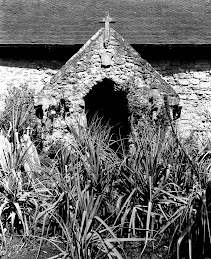

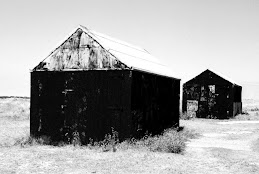

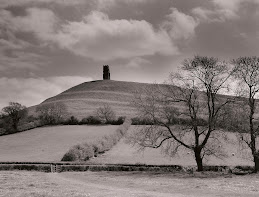

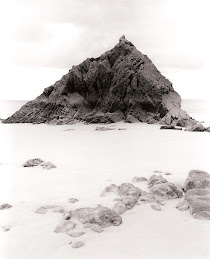
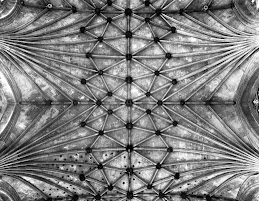


No comments:
Post a Comment